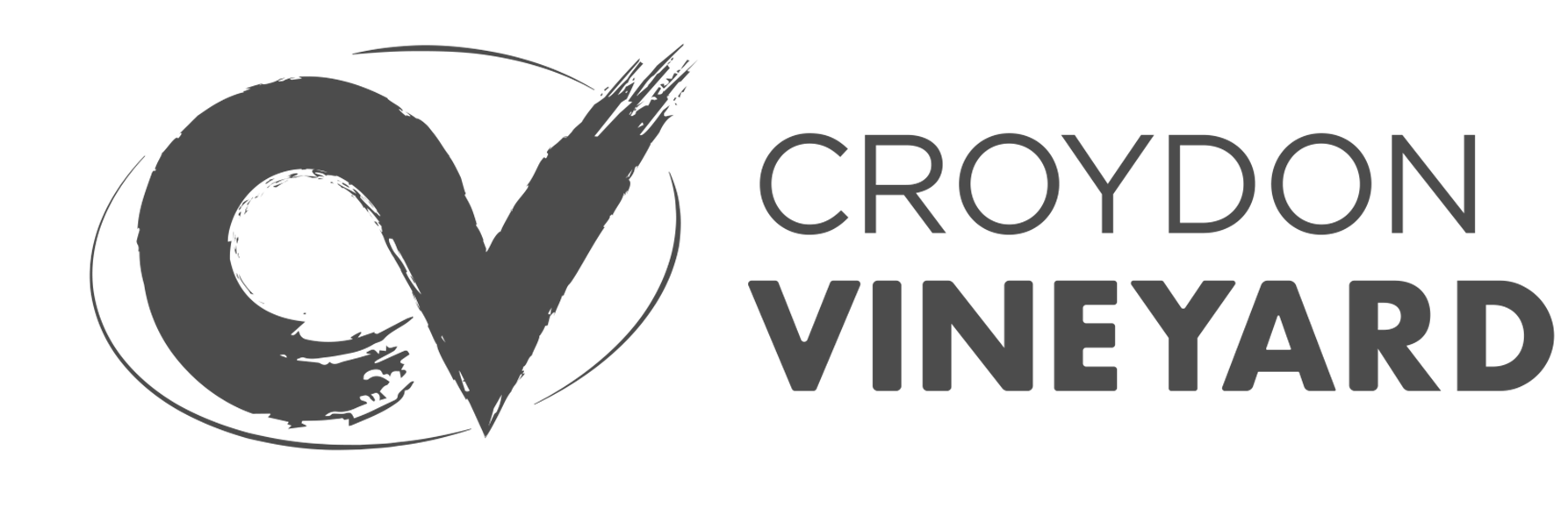Power Prayer - David
This is our Sunday teaching from Senior Pastor, Tom Thompson. Recorded live at our service in Harris Academy Purley, Croydon on Sunday 24th August, 2025. Below you can find the full talk audio, and a summary article.
Want to lead a Connect Group session on this teaching? The notes are here!
Talk Summary - Power Prayers: David and the Presence of God
We’ve been in a summer series exploring Power Prayers of the Old Testament. This week we turned to the life of David, and a moment that speaks powerfully to our own walk with God.
David’s story is well-known: as a teenager he was anointed as Israel’s future king, yet spent nearly 20 years fleeing the jealous and unstable King Saul. Eventually, when Saul died, David finally took the throne. And what was his first priority as king? Not building palaces or strengthening armies, but bringing God’s presence back to the very centre of his life and his kingdom.
That presence was symbolised by the Ark of the Covenant—a sacred chest containing the Ten Commandments. David gathered the nation and launched what you could call a “prayer project”: bringing the Ark to Jerusalem. With songs, music, and celebration, the people set off. But then tragedy struck. As the Ark jolted on the cart, Uzzah reached out to steady it—and was struck dead.
David was devastated. Angry at God. Afraid of God. He abandoned the project, leaving the Ark in the house of a man called Obed-Edom. For three months, Obed-Edom’s household overflowed with blessing, while David wrestled with disappointment, confusion, and distance from God.
That wrestle feels familiar, doesn’t it? Sometimes our best intentions in prayer, worship, or serving God seem to collapse. We feel let down, hurt, or disillusioned—and step back. In today’s language, many would call this “deconstruction.” David’s story shows us that even God’s chosen king walked this painful road.
But it wasn’t the end. In 1 Chronicles 15, David returned to the project with fresh understanding. He realised God is not a “magic box” to manipulate for blessing, but a living Lord with his own will, desires, and holiness. This time, David followed God’s ways carefully—carrying the Ark on poles as instructed, preparing a tent where God’s presence could dwell, and humbling himself in worship. He even set aside his royal robes, choosing instead the linen garments of a priest. His prayer life shifted from “God, bless me” to “God, I minister to you.”
That shift is an invitation for us too. So often our prayers can become self-focused, seeking smoothness and ease in life. But true beauty, true prayer, confronts us and changes us. Like David, we’re called to take off our “royal robes”—our status, our self-importance—and come before God as servants who honour Him first.
And here lies the hope: when we do, God’s kindness flows. His presence moves from being “at Obed-Edom’s house” back into the very centre of our lives. One prayer, one fresh turning, can shift the future—for us, and for those around us.
So let’s not settle for distance. Let’s take up the invitation to pray power prayers: prayers that put God first, minister to Him, and open the door for His presence and blessing to dwell with us again.
